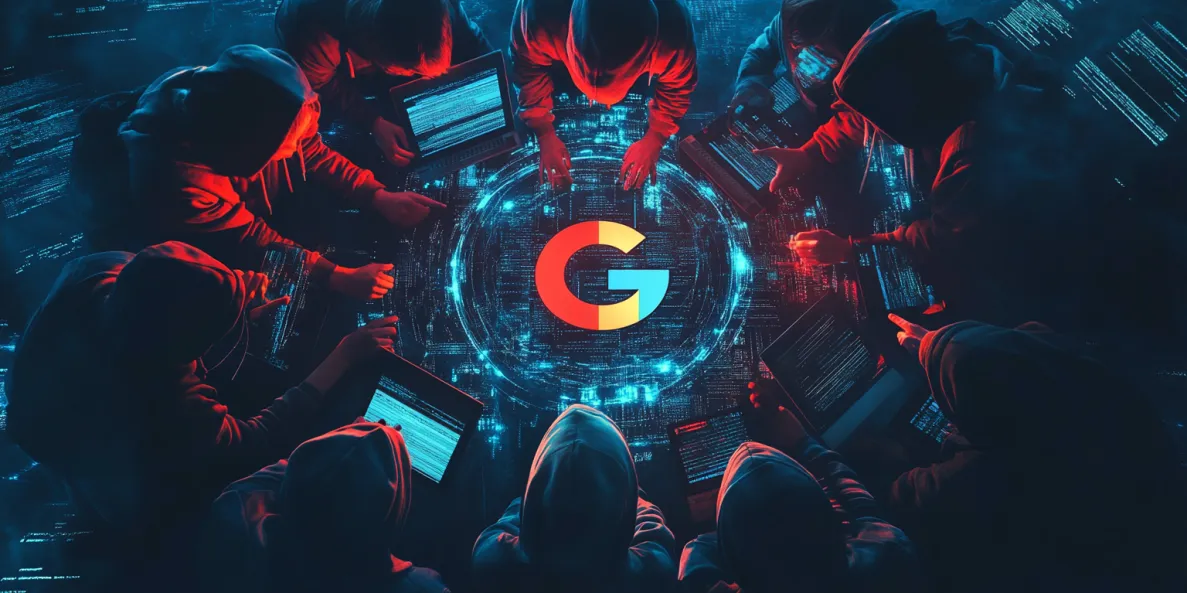Lazarus Group, a notorious North Korean cybercrime organization, has been found exploiting a zero-day vulnerability in Google Chrome through a fake DeFi game.
Security researchers from the cybersecurity firm Kaspersky uncovered the advanced cyberattack targeting individuals and companies involved in cryptocurrency.
Hackers Use Fake Game to Lure Victims
The malicious operation employed by Lazarus Group started with a phony decentralized finance (DeFi) game that enticed users with promises of financial rewards.
Once victims downloaded and installed the fake game, their systems became vulnerable to the exploitation of a Google Chrome zero-day, an unpatched security flaw that allowed hackers to gain unauthorized access.
The sophisticated attack enabled the cybercriminals to gain control over the victim’s browser, collect sensitive information, and eventually compromise cryptocurrency-related activities. This type of attack showcases how threat actors continuously evolve their tactics to exploit both new technologies and human vulnerabilities.
A Longstanding Threat in Cybercrime
Lazarus Group has been a recurring name in high-profile cyberattacks, especially those aimed at the financial sector. Their focus on cryptocurrency and blockchain technology makes them a persistent threat to both individuals and institutions globally.
The group’s advanced techniques and resources have made them one of the most dangerous hacking collectives operating today.
The discovery of this fake DeFi game underlines the growing risks associated with the cryptocurrency industry. The use of zero-day vulnerabilities in popular software like Google Chrome highlights the group’s ability to manipulate and weaponize existing systems for their illicit gain.
Google’s Response and Future Mitigation
Following the identification of the vulnerability, Google quickly released a patch to fix the zero-day flaw. Users are strongly encouraged to update their browsers immediately to protect against potential exploitation.
Cybersecurity experts have also advised users to remain vigilant when downloading software, especially related to decentralized finance and cryptocurrency.
While the immediate threat may have been neutralized with the patch, the Lazarus Group’s continued focus on cryptocurrency means future attacks could be on the horizon. Strengthening individual and corporate cybersecurity measures is essential to defend against these sophisticated threat actors.
In conclusion, Lazarus Group’s ability to exploit a Google Chrome vulnerability using a fake DeFi game serves as a stark reminder of the ever-evolving tactics employed by cybercriminals. Staying informed and adopting proactive cybersecurity practices are crucial in minimizing the risks posed by such attacks.
